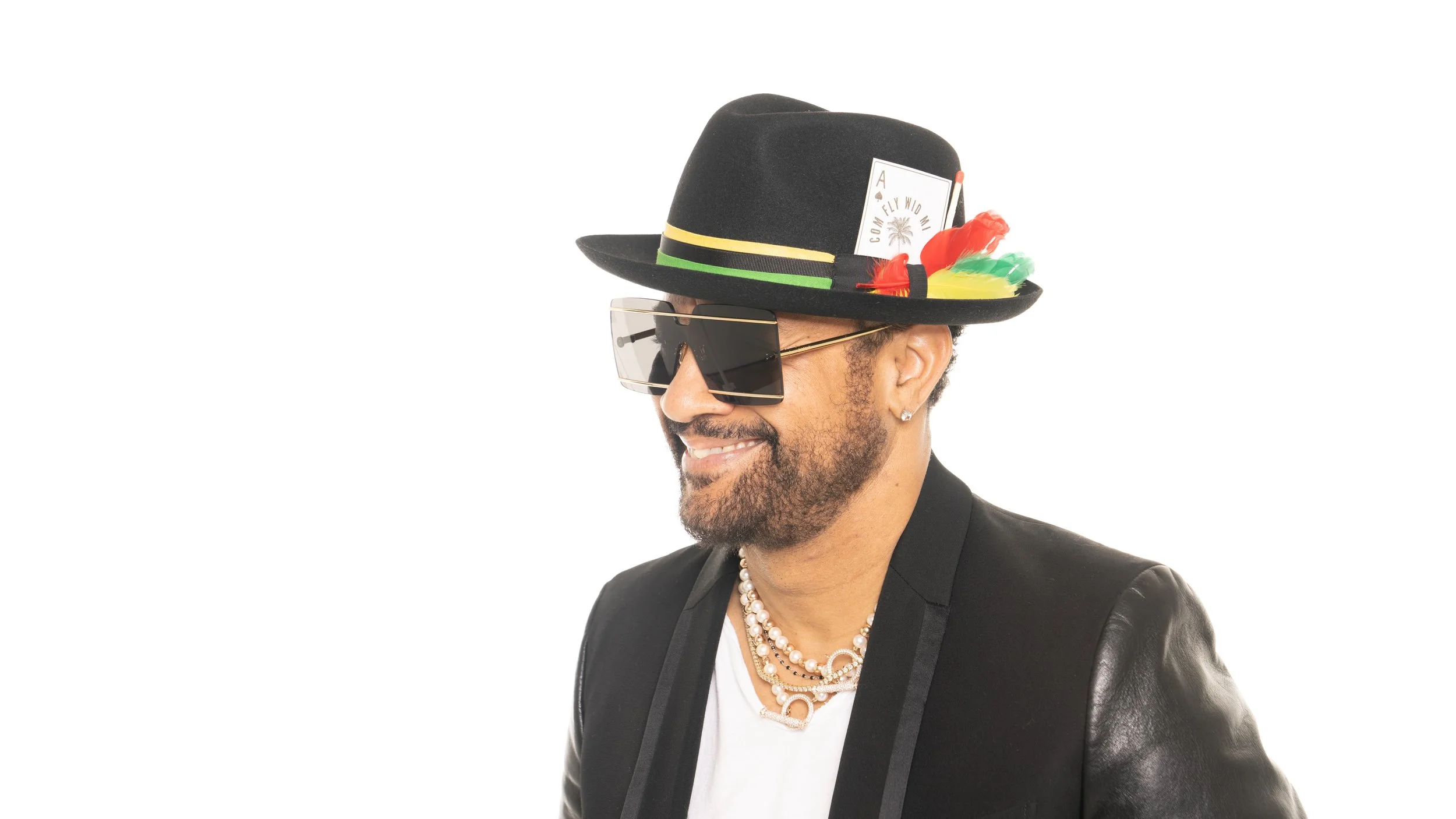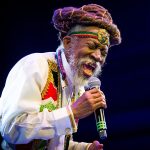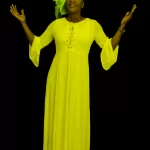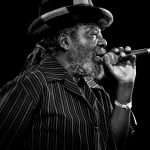Shabba Ranks
Shabba Ranks: The Dancehall Dynamo
Introduction
Shabba Ranks, a name synonymous with the vibrant and pulsating sound of dancehall, stands as a monumental figure in the reggae music landscape. Born Rexton Rawlston Fernando Gordon on January 17, 1966, in the serene town of Sturgetown, Jamaica, Shabba Ranks carved a niche for himself with his distinct voice and infectious rhythms. His ability to blend reggae with hip-hop elements allowed him to transcend cultural and geographical barriers. Thus, making him a household name worldwide. This biography delves into the life and career of Shabba Ranks. It explores his rise to fame, musical innovations, and lasting impact on the music industry.
Early Life and Influences
Birth Name and Early Influences
Rexton Rawlston Fernando Gordon, known globally as Shabba Ranks, was born into a modest Jamaican family. At the age of eight, his family relocated to the bustling Kingston ghetto of Trenchtown, a place renowned as the cradle of reggae music and the home of the legendary Bob Marley. Immersed in an environment rich with musical inspiration, young Rexton was captivated by the local sound system DJs. Their dynamic performances and lyrical prowess sparked his interest in dancehall music.
Musical Beginnings
By the age of 12, Shabba Ranks was already experimenting with toasting—a style of vocal delivery similar to rapping. He drew inspiration from icons like Charlie Chaplin, General Echo, Brigadier Jerry, Yellowman, and particularly Josey Wales. His first foray into music saw him collaborating with Admiral Bailey at the Roots Melody sound system. He performed under the moniker “Co-Pilot.” His debut single, “Heat Under Sufferer’s Feet,” released in 1985, marked the beginning of his musical journey.
Rise to Stardom
Transformation to Shabba Ranks
It wasn’t long before Rexton adopted the stage name “Shabba Ranks” and caught the attention of his idol, Josey Wales. With Wales’ guidance, Shabba Ranks began working with prominent producers at King Jammy’s studio. It was there he released the single “Original Fresh.” Despite producing numerous singles, it wasn’t until his collaboration with Chaka Demus and the release of “Needle Eye Punany” in 1988 that he gained significant traction. This track, known for its racy lyrics, set the stage for his rise to fame in Jamaica.
Breakthrough with Bobby Digital
Shabba Ranks’ career took a pivotal turn when he partnered with Bobby Digital, an engineer and producer at Digital B. This collaboration yielded a string of hits from 1989 to 1991. These included “Wicked Inna Bed,” “Roots and Culture,” and “Peeny Penny.” His electrifying stage presence featured dramatic entrances, such as arriving by helicopter. This further cemented his status as a dancehall superstar.
International Success
Crossover Appeal
In 1991, Shabba Ranks signed a major-label deal with Epic Records, aiming for international acclaim. His debut album with Epic, As Raw as Ever, featured the hit duet “Housecall” with Maxi Priest. It soared up the R&B charts. The album’s success was bolstered by another duet, “The Jam” with KRS-One. It topped the hip-hop singles chart in 1992. This era marked his breakthrough into the American music scene, earning him a Grammy for Best Reggae Album—the first dancehall artist to achieve such a feat.
Continued Success
Riding high on his newfound fame, Shabba Ranks released X-Tra Naked in 1992. It included the hits “Slow and Sexy” with Johnny Gill and “Ting-a-Ling.” The album’s success mirrored that of its predecessor, earning Shabba Ranks his second consecutive Grammy. His unique sound and magnetic persona helped pave the way for other dancehall artists like Shaggy and Sean Paul to achieve similar cross-genre success.
Later Career and Legacy
Subsequent Albums and Hiatus
Shabba Ranks continued to produce music throughout the 1990s, releasing A Mi Shabba in 1995. While the album spawned several minor hits, it did not match the commercial success of his earlier works. Following this, Shabba Ranks took a step back from the limelight. He returned to Jamaica to create music with King Jammy. Although he released Get Up Stand Up in 1998, no new major-label albums followed. Consequently, he became less visible in the mainstream music scene.
Lasting Impact
Despite his reduced presence in recent years, Shabba Ranks’ influence on the music industry is undeniable. His pioneering role in popularizing dancehall music on a global scale opened doors for future generations of artists. His distinctive style and groundbreaking collaborations continue to inspire musicians across genres, ensuring that his legacy endures.
Conclusion
Shabba Ranks remains an iconic figure in reggae and dancehall music, celebrated for his innovation, charisma, and contributions to the genre. From his humble beginnings in Jamaica to becoming a global sensation, Shabba Ranks’ journey is a testament to his talent and determination. As the first dancehall artist to win a Grammy, he not only achieved personal success but also elevated the genre to new heights. He left an indelible mark on the world of music.












